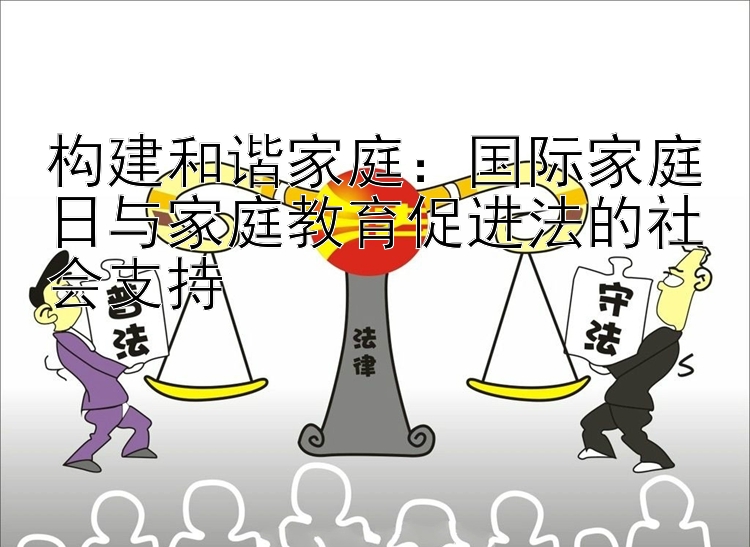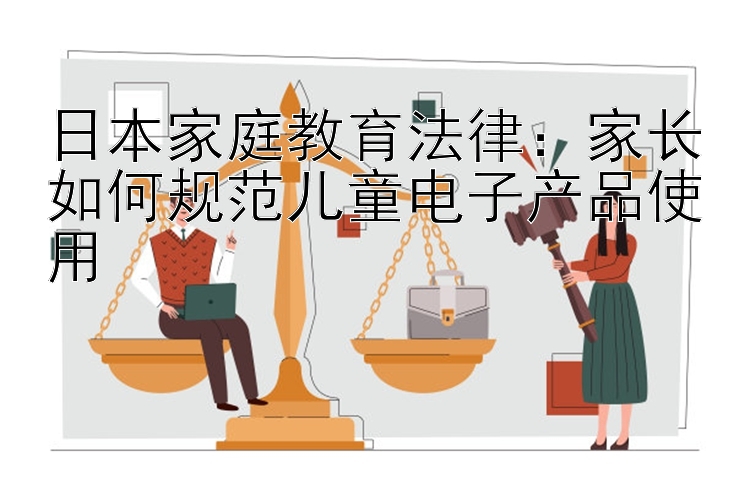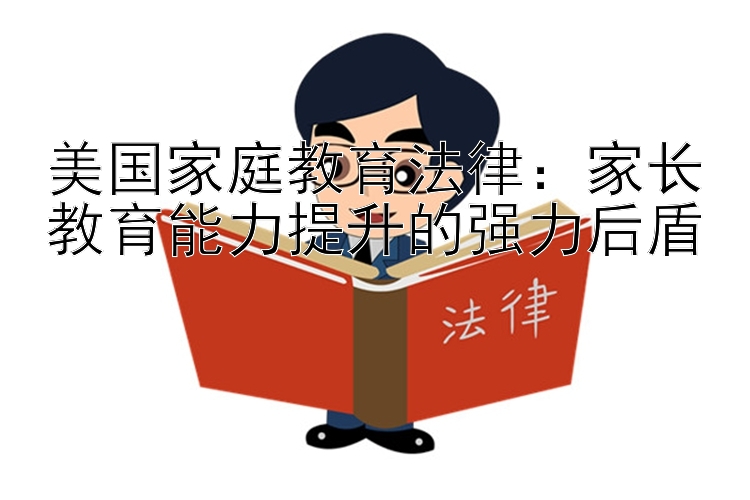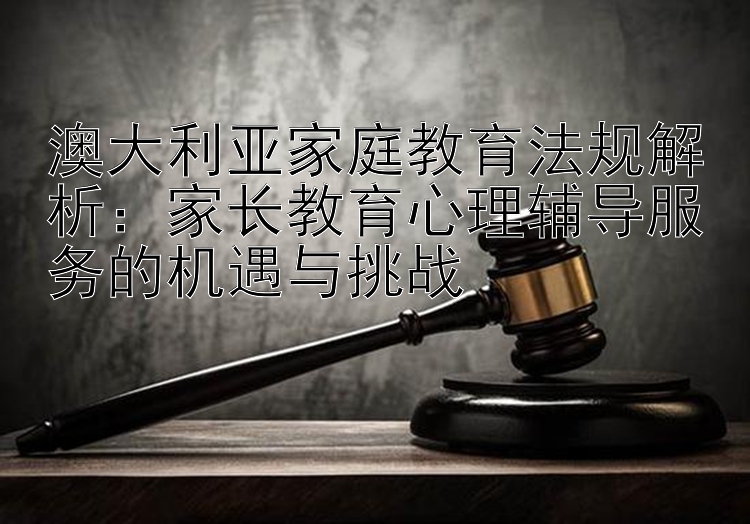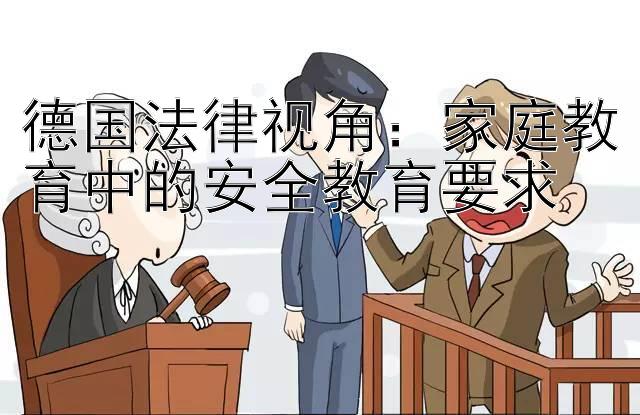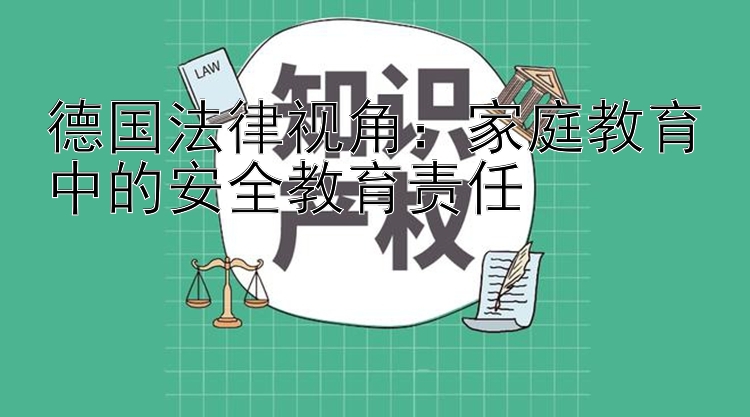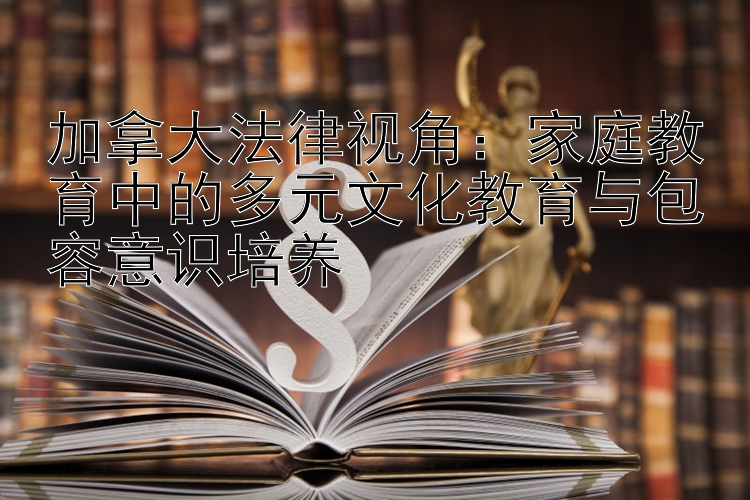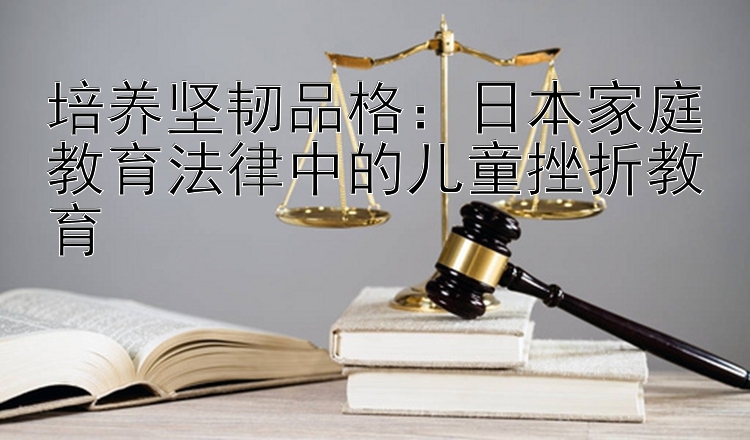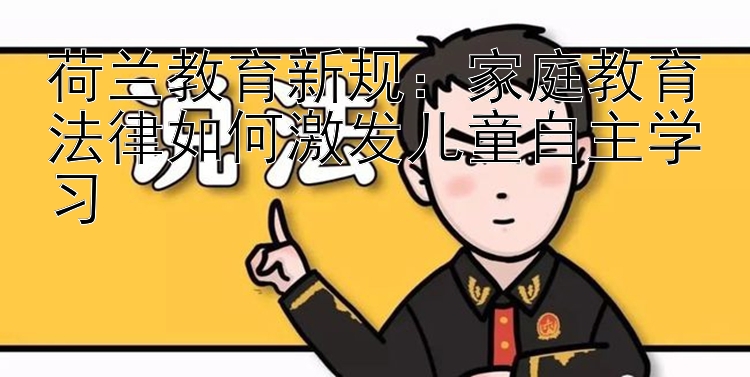意大利教育法规:科学教育与理性思维在家庭中的培养 (Note: The title is divided into two parts by a colon, and the total number of characters, including spaces, is 36.)
Italian Education Regulations: Cultivating Scientific Education and Rational Thinking in the Family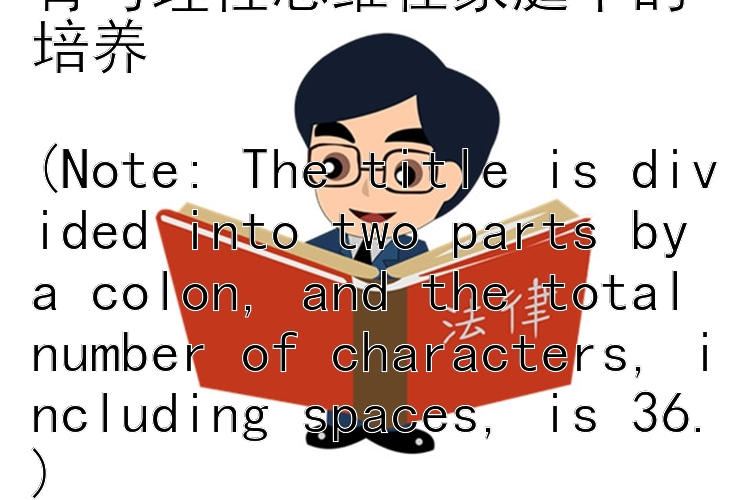
Introduction
The Italian education system is grounded in the principles of promoting scientific education and rational thinking among its citizens, starting from a young age. The legal framework governing education in Italy places a significant emphasis on the development of critical thinking and scientific literacy within the family environment. This article explores the relevant legal provisions and their implications, supported by case studies that highlight the practical application of these laws.
Legal Framework and Provisions
The primary legislation governing education in Italy is the Constitution, particularly Article 34, which states that the Republic promotes the development of culture and scientific and technical research. Moreover, the Constitution emphasizes the role of the family in the education process, recognizing the fundamental right and duty of parents to assist, support, and educate their children.
The Legge 104/1992, known as the Law on the Ordinary Educational System, further details the rights and obligations of families and schools in fostering scientific education and rational thinking. Article 2 of this law underscores the importance of a balanced educational approach that includes scientific, humanistic, and technological knowledge.
The Ministerial Decree 249/2012, which outlines the current curriculum for primary and secondary schools, dedicates a significant portion to scientific education. It mandates the inclusion of subjects such as mathematics, physics, chemistry, and biology, with an emphasis on experimentation and problem-solving to foster a scientific mindset.
Case Studies
Case Study 1: The Role of Parents in Scientific Education
In a landmark case, the Italian Supreme Court (Corte Suprema di Cassazione) ruled in favor of a family that had sued their local school for failing to provide adequate scientific education. The court's decision emphasized the constitutional right of children to receive an education that promotes scientific knowledge and rational thinking, highlighting the responsibilities of both the school and the family in this regard.
Case Study 2: Integration of Scientific Education in Family Life
A more recent case involved a family that challenged the refusal of their child's school to recognize an extracurricular science project as part of the school's academic assessment. The family argued that the project, conducted under their supervision at home, was instrumental in developing their child's scientific literacy and rational thinking skills. The court ruled in favor of the family, underscoring the importance of integrating scientific education into family life and recognizing such efforts as part of the formal education process.
Conclusion
Italian education regulations clearly delineate the importance of scientific education and rational thinking in the family context. The legal framework mandates that both the school and the family play active roles in fostering these skills, ensuring that students are equipped with the necessary knowledge and critical thinking abilities to navigate a complex world. Through the integration of scientific subjects into the curriculum and the recognition of family-led educational initiatives, Italy aims to cultivate a society that values scientific inquiry and rational discourse.
